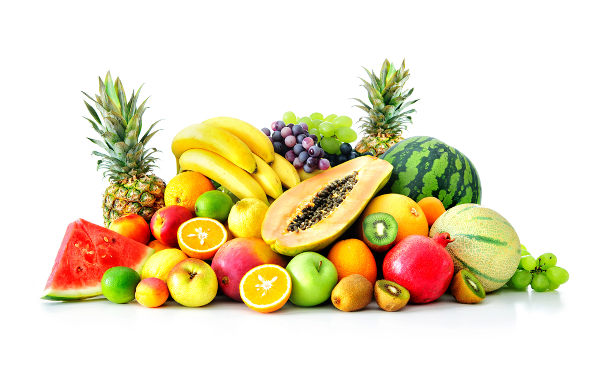The importance of hydration during the summer is an extremely relevant topic, especially in regions with hot climates and high temperatures. During this season, staying well hydrated is essential to ensure the proper functioning of the body and prevent possible health complications related to dehydration. In this article, we will address the best practices for staying well hydrated during the summer, highlighting the importance of fluid intake and habits that contribute to adequate hydration. By understanding the fundamentals of hydration in the summer, it is possible to adopt preventive measures and promote health and well-being during the hottest period of the year.
Importance of hydration in summer for health and well-being
Hydration in summer: how to stay well hydrated
In summer, high temperatures and increased sweating can lead to dehydration, making adequate hydration essential for health and well-being. Staying well hydrated during the hottest months of the year is essential to ensure the proper functioning of the body and prevent a series of health problems.
Drinking water regularly throughout the day is crucial to replenishing fluids lost through perspiration. Additionally, consuming foods rich in water, such as fruits and vegetables, can also help to hydrate. Avoiding drinks high in sugar and caffeine, which can have dehydrating effects, and opting for healthy alternatives, such as coconut water and natural juices, can help keep your body hydrated. It is important to be aware of signs of dehydration, such as dry mouth, excessive thirst, dark urine and dizziness, and take the necessary measures to maintain a good level of hydration.

Signs of dehydration and its impact on the body
Hydration in summer: how to stay well hydrated
In the summer, the human body tends to lose more fluids due to increased sweating caused by the heat. If we do not compensate for this loss, we can become dehydrated, which can have several negative impacts on the body. In addition, lack of hydration can be even more dangerous in the elderly and children, who have greater difficulty regulating their body temperature and are more susceptible to health problems related to dehydration.
Some common signs of dehydration include dry mouth, extreme fatigue, dizziness, decreased urine output, and dry skin. To avoid dehydration, it is important to maintain an adequate intake of fluids, preferably water, throughout the day. In addition, it is essential to be aware of the signs of dehydration and act quickly if they appear, seeking medical attention if necessary.

Strategies for staying well hydrated in the summer
Hydration in summer: how to stay well hydrated
In the summer, it’s especially important to stay well hydrated, as the heat can quickly lead to dehydration. Here are some strategies to ensure you’re getting enough water during the hottest months of the year.
1. Drink water regularly throughout the day, even if you’re not thirsty. Staying hydrated is essential for your body to function properly, and drinking water regularly can help prevent dehydration.
2. In addition to water, consume foods rich in water, such as fruits and vegetables, which also help hydrate the body. Watermelon, cucumber, orange and melon are examples of foods that have a high water content and can help keep the body hydrated during the summer.

Drink and food recommendations for effective hydration
In the summer, it is essential to stay well hydrated to ensure the proper functioning of the body and prevent health complications. In addition to drinking water constantly, it is important to consume foods and drinks that help to maintain the body's hydration. To do this, it is recommended to include fruits rich in water in your daily diet, such as watermelon, melon, orange and strawberry. These fruits have a high water content and are also sources of vitamins and minerals essential for health.
In addition to fruits, it is important to consume beverages that help replace electrolytes lost through perspiration, such as coconut water, natural juices and isotonic drinks. These options are rich in mineral salts, such as sodium, potassium and magnesium, which help maintain water balance and replace salts lost during sweating. In addition, avoiding the consumption of alcoholic beverages and caffeine, which can cause dehydration, is essential to ensure effective hydration in the summer.
Perspectives and conclusions
Proper hydration is essential to keep your body healthy during the hot summer months. By following the tips and strategies provided in this article, you can ensure that hydration is not neglected, thus preventing health complications related to dehydration. Pay attention to your body's signals and regularly consume fluids, prioritizing water and isotonic drinks. In addition, don't forget to take care of your skin and hair, keeping them well hydrated. With small adjustments to your daily routine, you can enjoy a healthier and more comfortable summer. Always remember to consult a health professional for specific and individualized guidance. Keeping your body well hydrated is essential to enjoying all the activities that summer has to offer, with energy and disposition.





